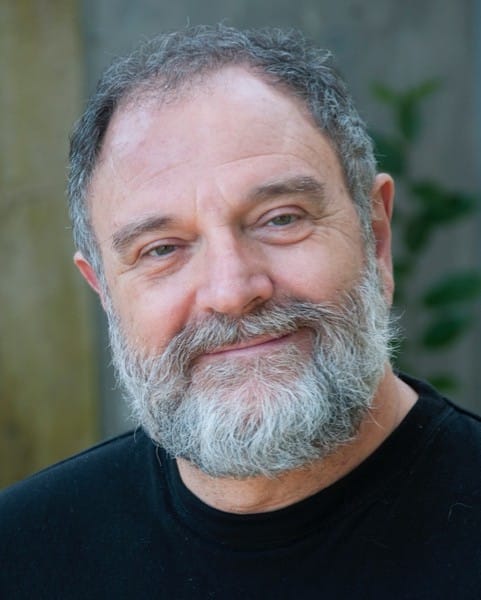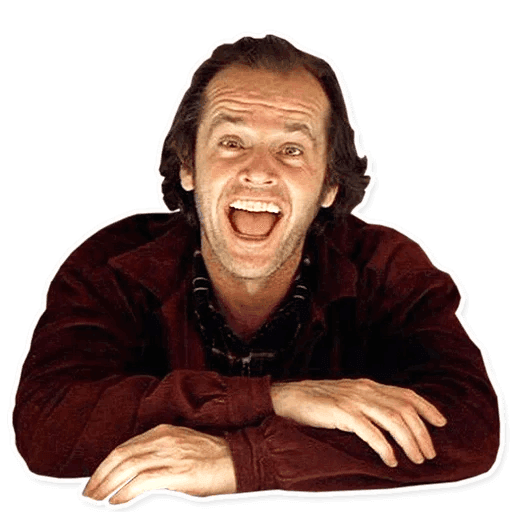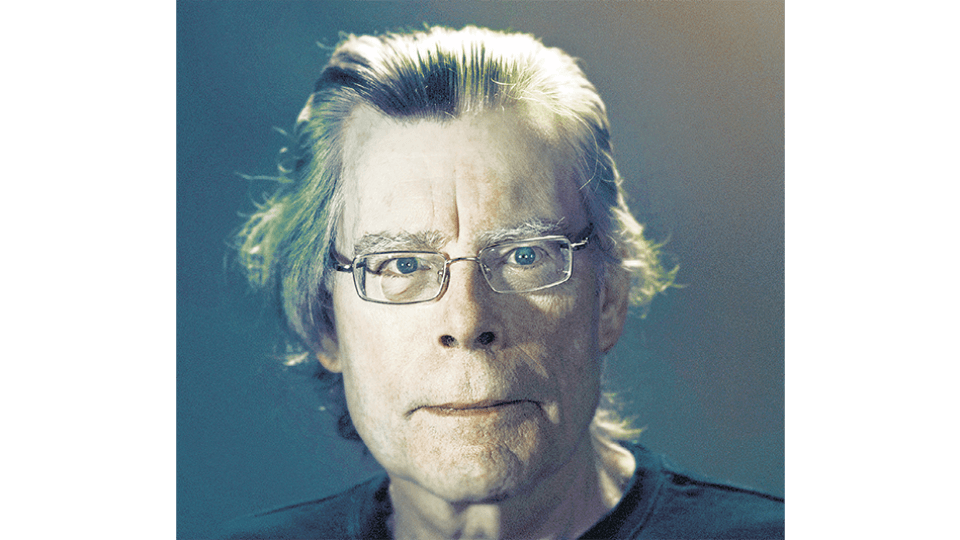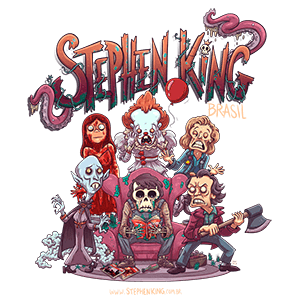Tony Jonick
He is the Producer of Dana Moe’s Mute Dollar Baby film.
SKSM: May you introduce yourself to our readers?
Tony Jonick: My name is Tony Jonick, I’m Oakland’s 13th most famous filmmaker. Whatever needs doing on a film, I try to do it.
SKSM: When did you know you wanted to become a producer?
Tony Jonick: I was fortunate enough to work with a film co-op where we could try on different roles to see what fit. After making my first movie, which involved a lot of producing, I was solely producer for a young man making his first film. I discovered I really liked the “making things happen” aspect of film, and was glad to help him find his voice.
SKSM: How did you become involved in ‘Mute‘ Dollar Baby film?
Tony Jonick: A few of us have been filmmaking partners for several years, and when Dana came to me with the project, I jumped right in. Dana had previously done an excellent job on her adaptation of the story Rest Stop. And I knew I wanted to be a part of this one.
SKSM: Can you tell us about your work in the film?
Tony Jonick: I tried to take on the executive functions Dana was too busy to handle, plus a slew of other parts I have more experience with. For example, she handled the money, shots & acting, I handled the locations, staffing, logistics etc. And there was. lot of post I wanted to do. So I worked as producer, props, co-wardrobe, carpenter (I built the confessional), editor, titles & logo, and poster designer. Whew! And I was honored that Dana let me act as well. (Finally we are going to be doing a feast for the biggest contributors to the film in May, and Dana and I will be making the food.)
SKSM: Was there any funny things that happened while filming (Bloopers, etc)?
Tony Jonick: I wasn’t involved in shooting that much, other than the scenes I acted in. But the house where we did our first day’s work is basically a bachelor’s pad. We had to make it look like a married couple had been living there for years. I purchased a number of cheap shower curtains from Ross, sliced them up the middle, and made curtain rods out of sticks, and nailed them up as window treatments. The owners girlfriend was so happy to have something up at his house, that they are still there.
SKSM: What were the key stages or days of producing a film like Mute?
Tony Jonick: Dana is excellent with casting, and the film really started to come together when we had our cast. We also work a lot out in the town of Tracy California, where our stuntman Darren Breen lives. He let us use his house for filming our interiors, found us a local bar for line dancing, and drove our hero car up and down I-5 on his trailer. There was a lot of waiting at the I-5 rest stop as the car spent the day the freeway with Dana and our sound person in the back seat. We later moved production to Dana’s house, where we did all our confessional and church scenes. Throughout post we kept shooting a few extra shots that we just weren’t able to catch during production. The last shot we took was of a casino interior, shot in Calgary Canada!
SKSM: How do you remember the moments before and after shooting Mute?
Tony Jonick: It’s always exciting and nerve-wracking trying to be sure that you’ve prepared as best as you can, and knowing that you just have to surf the moment on set, because there are things you never can anticipate. We prepped out shooting locations as best we could, went to our AirBnB and tried to sleep. Afterwards, since I was editor, it was a matter of getting all the dailies put together, getting them to Dana, and then all of took a week off, exhausted. But we already knew we had more shots to catch.
SKSM: What interests you most about video production?
Tony Jonick: One thing? The camaraderie. Getting to hang out with such good friends and work hard together on something we all believe in.
SKSM: What was it like to work with Dana Moe on this film?
Tony Jonick: As mentioned, we’ve worked together quite a bit, and know each others quirks. A couple of months after shooting this, she helped me shoot my film. She’s more of a fine detail, nitty-gritty person, where I’m more of a sloppy, ah, it’ll work out kind of guy, and we manage to cover all our bases that way. We help each other stay on track. Our cinematographer, Alisha McCutcheon is usually there with us as well, and she’s a very calming influence. In fact that’s in her credits: Cinematographer/Calming Influence.
SKSM: How do you communicate with a director to carry out the production process for a film?
Tony Jonick: On set, I’ll work through the AD, who is her tether to the outside world. In general we text or call each other when we think of something, very informally. We’ve been doing this for years.
SKSM: What did you think of the film adaptation itself and are you satisfied with the result?
Tony Jonick: I am incredibly happy with how it came out. We’ve had a couple of screenings and audiences are right there in the moment. It’s very gratifying to hear so much nervous laughter as a release to the tension. I have not read the story, but trust that Dana did a good job.
SKSM: What kind of promotion will be done for the film?
Tony Jonick: We will be putting it out to several film festivals, and I believe Dana has a plan in mind. I am not as involved in this portion.
SKSM: Are you a fan of Stephen King’s work?
Tony Jonick: He’s not my cup of tea, but I truly appreciate what he’s done by making his stories, and his name, available to filmmakers.
SKSM: What are you working on nowadays?
Tony Jonick: I am putting the finishing touches on my very silly science fiction musical short. I am also working with another partner on getting a feature script ready to shop around. And I’m taking my first foray into finding an agent for my work.
SKSM: What is one thing people would be surprised to know about you?
Tony Jonick: People are usually surprised to hear that I am a trained puppeteer, working occasionally out of the same children’s park where Frank Oz started off. I met my wife when we were working there, and have been blessed with a fairytale life. Plus I grew up in Hawaii and the Fiji Islands.
SKSM: Thanks for taking the time to answer my questions. Something you’d like to tell our readers?
Tony Jonick: If anyone has a festival where they would like it to be shown, please reach out to us. And I can’t thank Stephen King enough for making this program available. It opens so many doors to filmmakers. I’m very proud that I was able to contribute to this fine film, that he made possible.

















